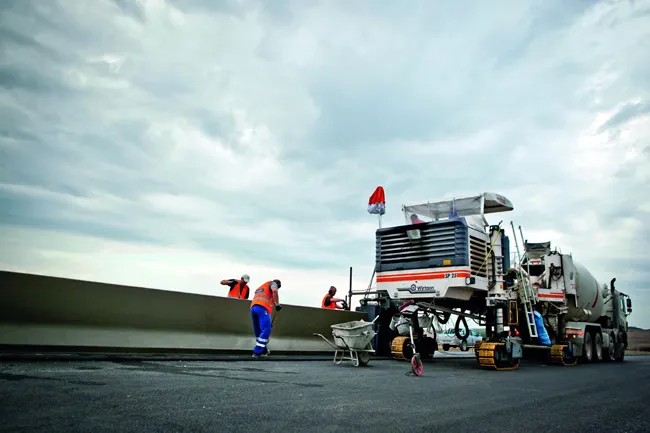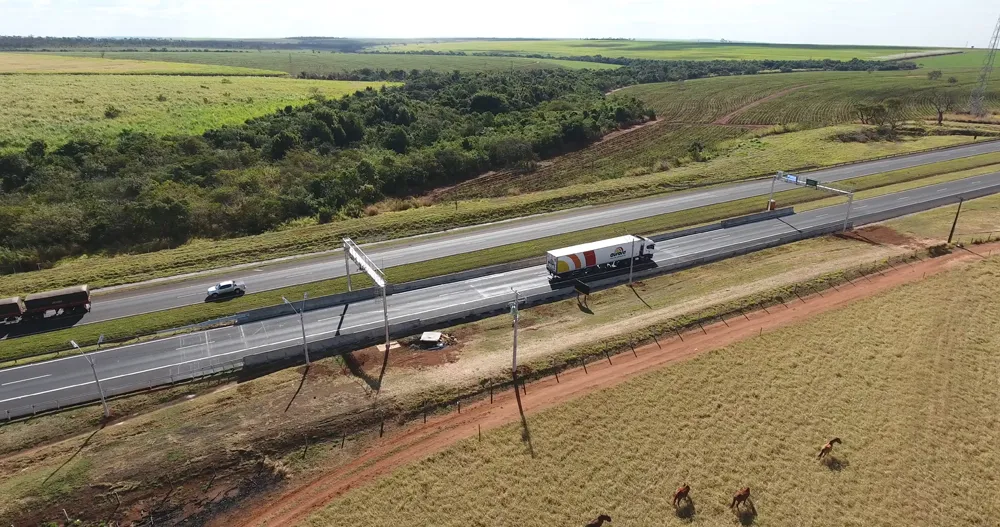Victoria Banks and Neville Stanton [1] of Southampton University’s Transportation Research Group examine the real impact of creeping driver automation.
September 23, 2014
Read time: 2 mins

Victoria Banks and Neville Stanton [1] of Southampton University’s Transportation Research Group examine the real impact of creeping driver automation.
Safety research suggests that 90% of accidents are thought to be a result of driver inattentiveness to unpredictable or incomplete information and the vision is that highly automated vehicles will lead to accident-free driving in the future. This means that 100% of the active driving task will need to be completed by a combination of advanced driver assistance systems (ADAS) with the driver becoming a passive monitor of system operation. The European New Car Assessment Program (1199 NCAP) continues to drive vehicle manufacturers to meet minimal safety requirements. It ensures stringent guidelines and testing protocols are rigorously enforced in order that drivers and new car buyers are given transparent safety information through the NCAP Star Rating scheme.
These formal testing procedures focus on the technical aspects of current ADAS which go some way in automating elements of the driving task. Yet there is growing concern within the ergonomics and human factors community that vehicle automation may actually increase pressure on drivers to monitor both the environment and the behaviour of vehicle subsystems. If this is the case the implementation of such systems could contribute to safety concerns rather than overcome them. Failing to acknowledge the role of the driver in an automated vehicle system may lead to undesirable behavioural adaptation such as changes to driver performance, as a result of inadequately controlling for the changing role of the driver within the control-feedback loops.
Safety research suggests that 90% of accidents are thought to be a result of driver inattentiveness to unpredictable or incomplete information and the vision is that highly automated vehicles will lead to accident-free driving in the future. This means that 100% of the active driving task will need to be completed by a combination of advanced driver assistance systems (ADAS) with the driver becoming a passive monitor of system operation. The European New Car Assessment Program (
These formal testing procedures focus on the technical aspects of current ADAS which go some way in automating elements of the driving task. Yet there is growing concern within the ergonomics and human factors community that vehicle automation may actually increase pressure on drivers to monitor both the environment and the behaviour of vehicle subsystems. If this is the case the implementation of such systems could contribute to safety concerns rather than overcome them. Failing to acknowledge the role of the driver in an automated vehicle system may lead to undesirable behavioural adaptation such as changes to driver performance, as a result of inadequately controlling for the changing role of the driver within the control-feedback loops.








